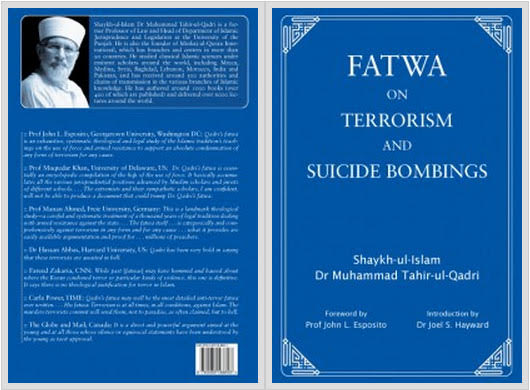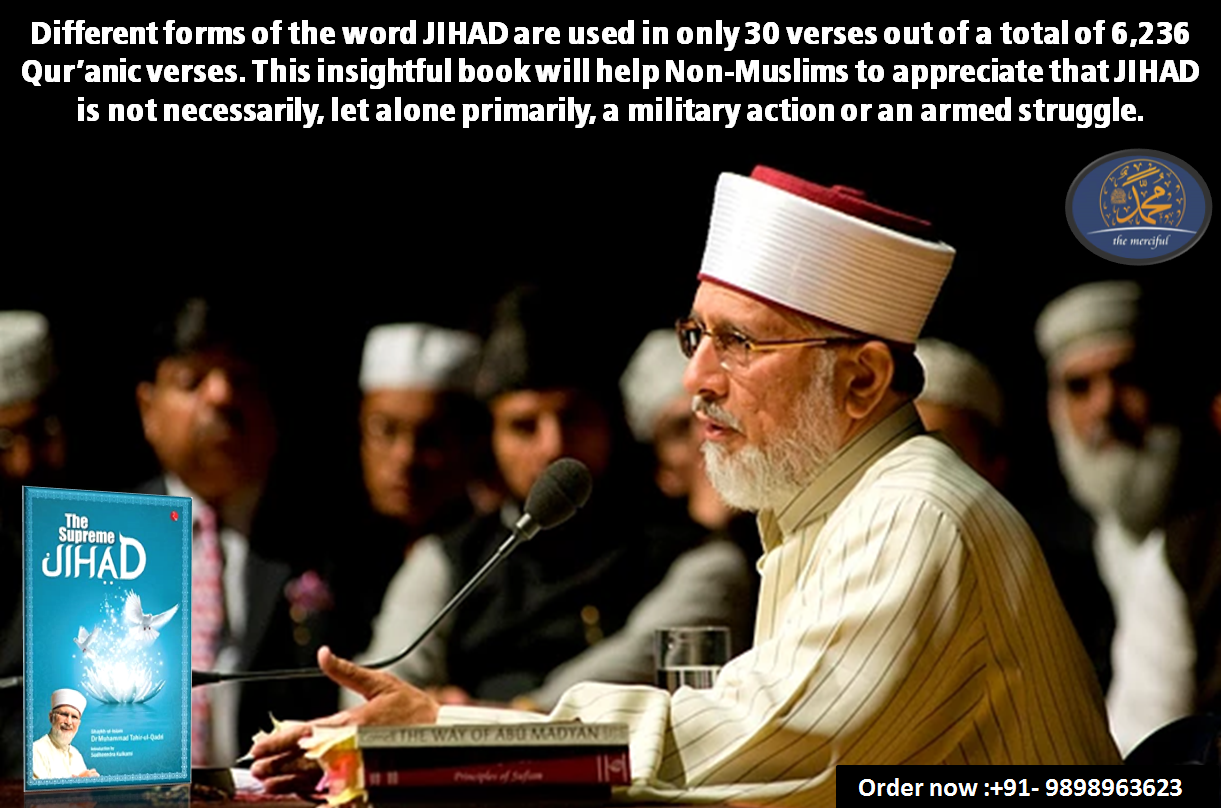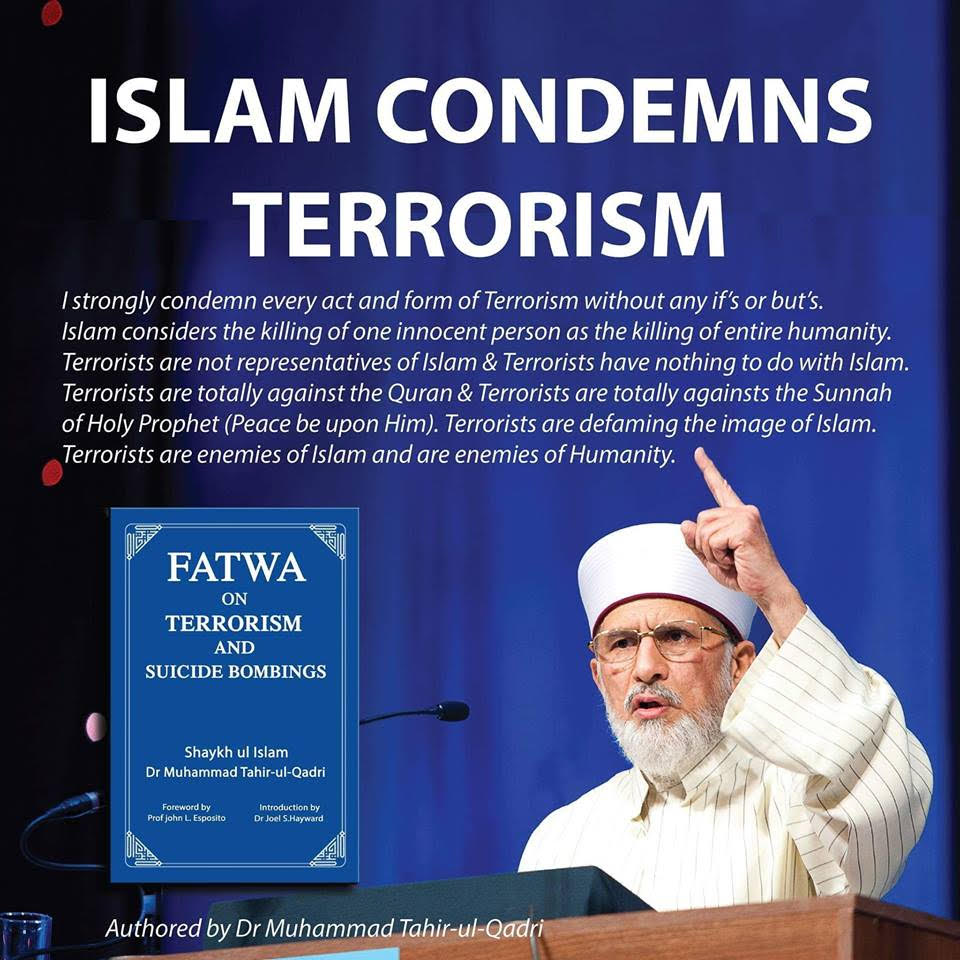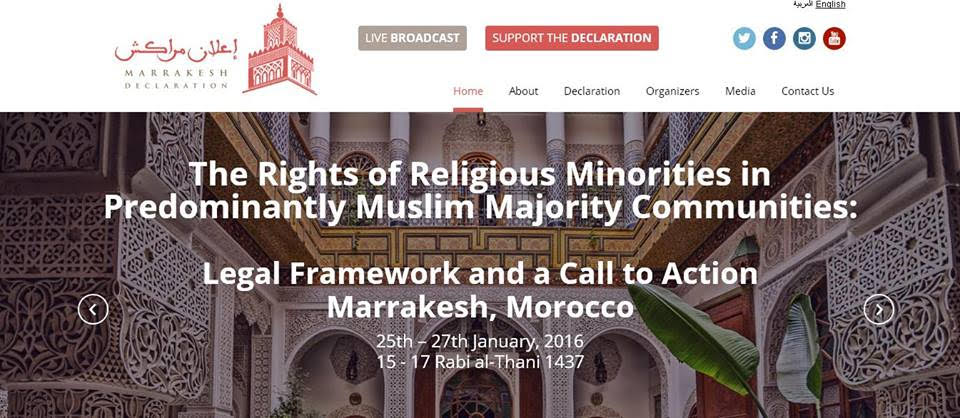In 2010, Shaykh-ul-Islam Dr Muhmmad Tahir-ul-Qadri authored and published his famous Fatwa against Terrorism and Suicide Bombings. This shot to worldwide fame and indeed it was recognised as a landmark work, which for the first time not only condemned terrorist attacks and suicide bombings, but ensured that Muslim Scholars, and ordinary Muslims, who had previously demonstrated some ambivalence towards the violence committed in the name of their religion, or who qualified their condemnations with ifs and buts, or semi justifications, were able to get conceptual clarity on the issue. According to the Fatwa, there is never any justification for acts of terrorism, and no amount of ‘good intention’ (from the perspective of a terrorist) can justify illegal activities that are condemned by Islam. Contained within this work was meticulous detail and references that put any notion of justification, whether foreign policy ventures, political oppression or anything else, beyond dispute. It is however unfortunate indeed that no individual, no organisation, whether Muslim or non-Muslim, was able to capitalise on this immensely substantial work and use it, or adapt it, to use as the basis of any educational programme or activities to work with young people, nor to educate the educators, the imams and religious teachers, towards tackling the problem of religious extremism or radicalisation. Dr Qadri has ultimately been able to fulfil this need and has produced the Curriculum for Peace and Counter Terrorism.
“THERE IS NEVER ANY JUSTIFICATION FOR ACTS OF TERRORISM, AND NO AMOUNT OF ‘GOOD INTENTION’ CAN JUSTIFY ILLEGAL ACTIVITIES THAT ARE CONDEMNED BY ISLAM.”
Theological and ideological justifications
It should be said here that among the many causes of radicalisation and terrorism the role of theology cannot be understated. Some people, unfortunately through either genuine ignorance or for other less genuine reasons, try to deflect the blame for religious radicalisation entirely to foreign policy and military ventures in the Middle East and elsewhere. While these issues no doubt play a significant role in the process of radicalisation, too often the theologically-based narratives which underpin the ideology of the extremists are downplayed or underestimated. Radical ideology depends upon a framework of (distorted) theological reference points and scriptural justifications. It is here that appropriate intervention can bear fruit. It is important for all stakeholders concerned with the tackling the problem to be aware of the ideological, theological and scriptural foundations of extremism and the terrible and violent acts it spawns. Challenging the narratives and belief structures of with proper Islamic principles and validated interpretations of scripture must be incorporated into any method if it is to be effective.




